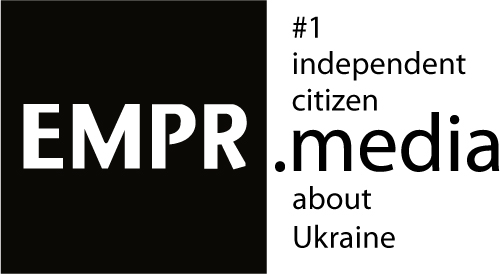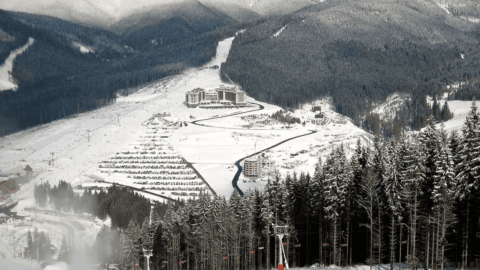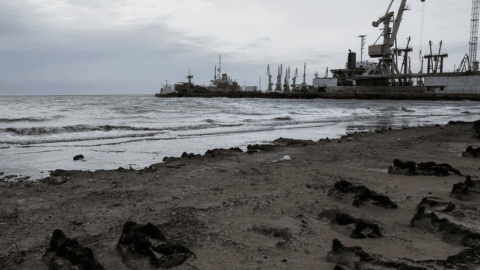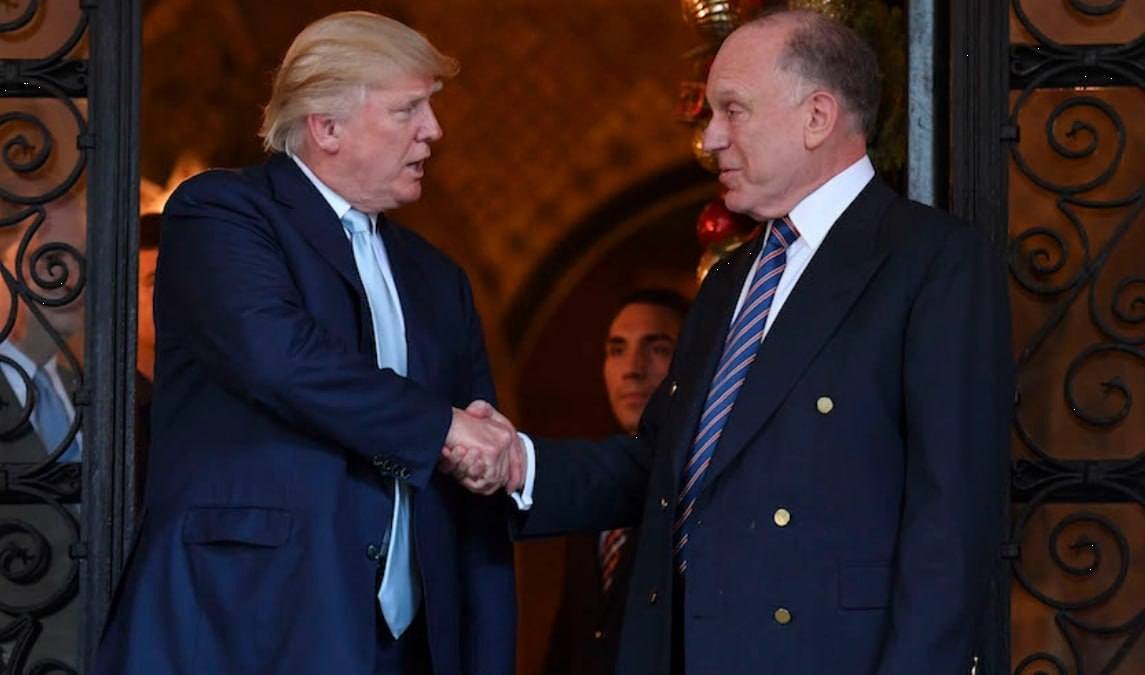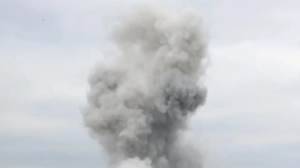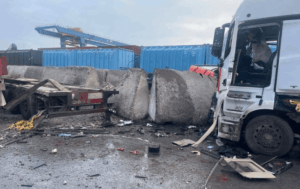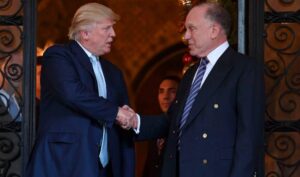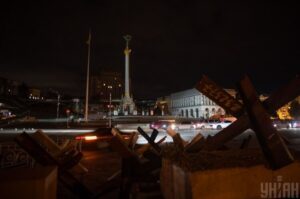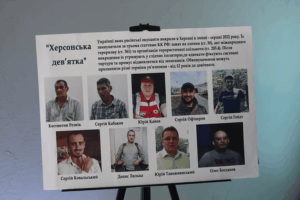The UK High Court ordered Kolomoiskyy and Bogolyubov to pay PrivatBank over $3 billion in compensation and legal fees. Assets have been frozen since 2017, with enforced recovery set if unpaid.
The High Court of England ordered Kolomoiskyi and Bogolyubov to pay the bank over three billion dollars in compensation and legal costs, the bank reported.
The appeal was rejected. All funds must be paid by November 24, after which interest will accrue. If payment is not made, PrivatBank will initiate enforced recovery.
Kolomoiskyy’s and Bogolyubov’s assets have been frozen since 2017. According to the bank’s lawyers, Kolomoiskyy and Bogolyubov illegally seized the money using a scheme of repeated loan cycling.
In a landmark ruling on July 30, 2025, the UK High Court found that former owners Ihor Kolomoiskyy and Gennadiy Bogolyubov orchestrated a sophisticated fraud scheme that drained nearly $1.9 billion from PrivatBank between 2013 and 2014.
The Fraud Unmasked
The court described the scam as a “fraud of Byzantine complexity,” where Kolomoiskyi and Bogolyubov allegedly funnelled huge sums through shell companies and sham loans to offshore entities, ultimately siphoning money out of Ukraine’s largest lender.
Judge William Trowler deemed that both men were “jointly and severally liable” for the funds, rejecting the defence’s case as “built on dishonest foundations.” The ruling came after Kolomoisky and Bogolyubov failed to give evidence in court, a decision the judge noted reflected their inability to offer a credible defence.
A Strategic Win for Ukraine
The verdict is a crucial win for Ukraine’s anti‑corruption efforts. PrivatBank, nationalised in 2016 after its balance sheet revealed a $5.5 billion hole, had sought to reclaim stolen assets as part of broader reforms.
“Ukraine consistently protects the interests of its citizens and stands for the truth,” commented the Ukrainian government in response – highlighting the regional and diplomatic significance of the judgment.
While the UK ruling establishes liability, the exact amount for repayment – including interest and legal costs – remains to be calculated and is expected to exceed $2 billion.
The court’s decision also maintains a worldwide asset freeze on the defendants. Agencies including Ukraine’s National Anti‑Corruption Bureau of Ukraine (NABU) continue to pursue related criminal investigations.
Broader Implications
Financial crime experts say this case exposes the “anchor” point of oligarch‑driven schemes in post‑Soviet states – where strategic institutions are exploited and funds laundered across borders. The ruling is being seen as a deterrent: even powerful figures can be held accountable abroad.
For Ukraine, battered by war and economic instability, the outcome resonates beyond banking: it touches national‑security, governance and the rule of law. Analysts view the victory as an indicator that even during wartime, Kyiv can push for transparency and justice.
Tags: bogolyubov Business Kolomoisky privatbank